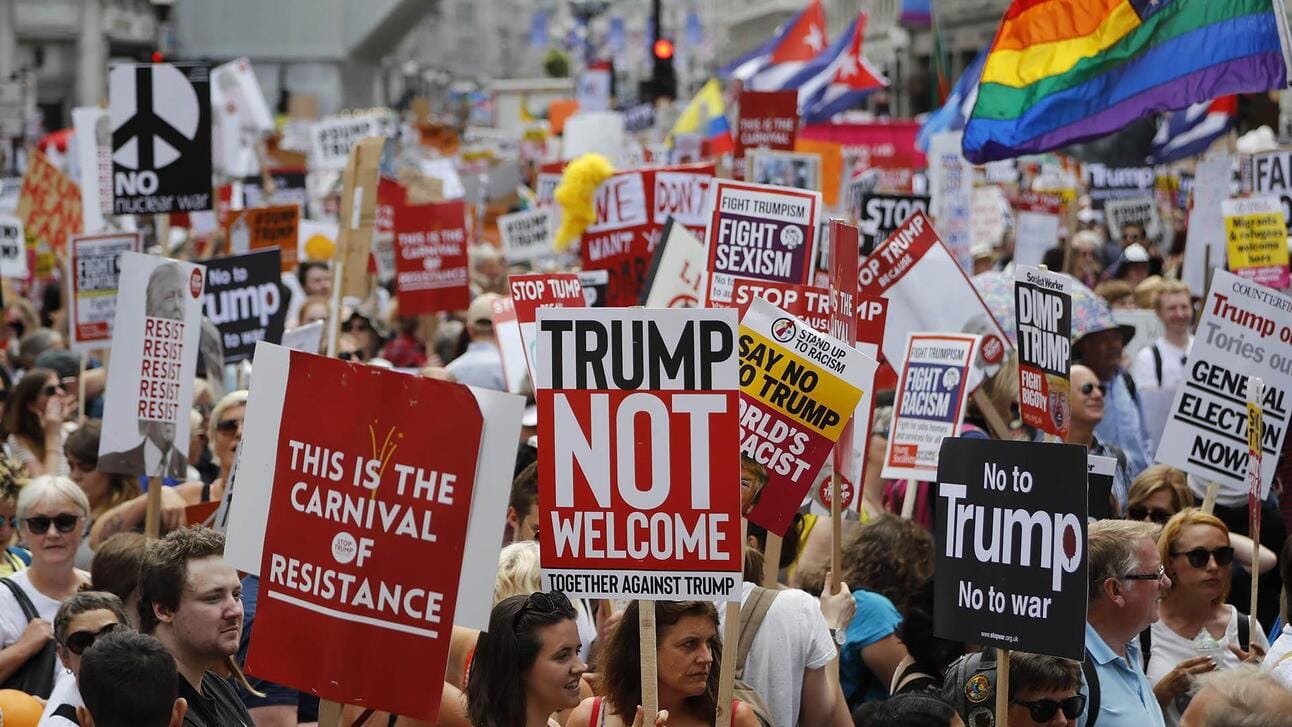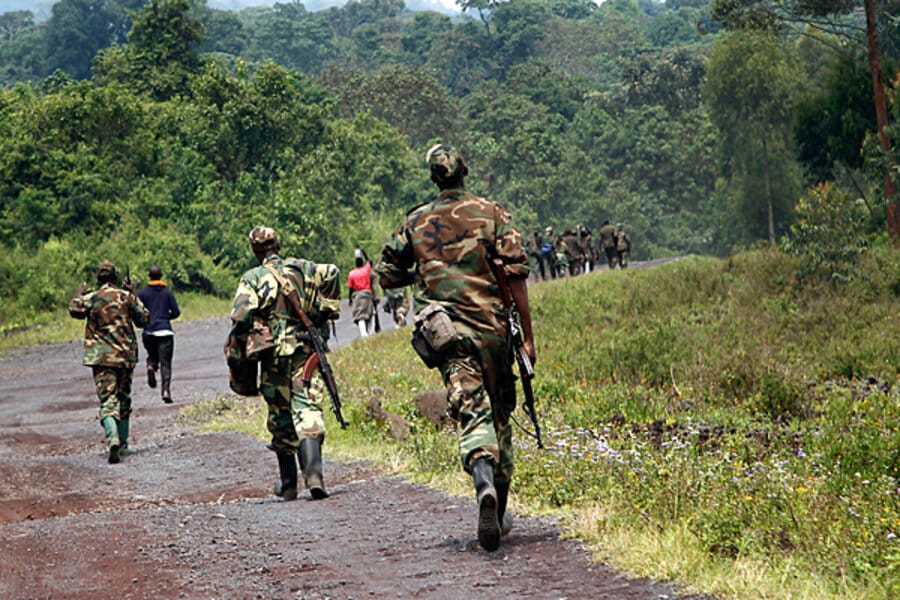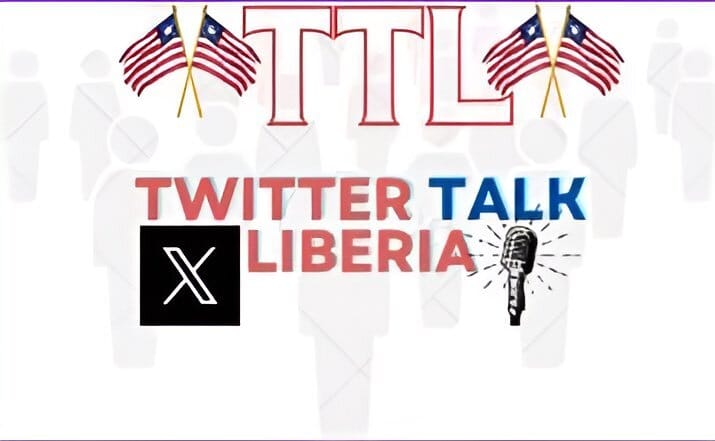Actions from the Community 🛖
Town Halls are Roaring, Big Budget Cuts, Big Consequences: Why People Are Speaking Out
We need to talk about what’s happening right now. Across the country, people are showing up to town halls, calling their representatives, and demanding answers—because House Republicans just passed a budget resolution that includes a massive $880 billion cut to Medicaid over the next decade. And that’s just the start.
If you’ve seen clips of heated town halls lately, you know people are angry, frustrated, and scared. And honestly, they have every right to be. These cuts don’t just exist in some budget spreadsheet—they’ll change lives, push people deeper into poverty, and make healthcare even harder to access for millions of Americans.

Why Are People So Upset?
Because this plan disproportionately hits Black, Latino, Indigenous, and rural communities, who already face the biggest barriers to healthcare. If this budget goes through, we’re looking at:
Millions losing Medicaid coverage—meaning no doctor’s visits, no prescriptions, no care.
More hospitals and nursing homes shutting down, especially in rural areas.
Even longer wait times and fewer providers accepting Medicaid patients.
And it’s not just Medicaid. This budget proposal slashes funding for other essential programs, including:
$230 billion from SNAP (food assistance)—leaving families struggling to put food on the table.
$330 billion from student loan programs—making education and debt relief even less accessible.
At recent town halls, people are showing up to confront lawmakers about these choices, demanding to know why lifesaving programs are on the chopping block while the wealthiest Americans get even richer.
Follow the Money: Who Really Wins?
So here’s the real kicker: while working-class families are expected to tighten their belts, this budget hands out $4.5 trillion in tax breaks over the next decade—with the biggest cuts going to the ultra-wealthy.
The top 1% of earners are set to receive $1.1 trillion in tax cuts—the same amount being ripped from Medicaid and food assistance.
Households making $743,000 or more would get an average tax cut of $62,000—which is more than what many Medicaid recipients make in a year.
People are pushing back hard because they see what’s happening—this isn’t about balancing the budget, it’s about shifting wealth upward while cutting support from those who need it most.
The Town Hall Uproar: “We Won’t Be Ignored”
If you’ve been following the news, you’ve seen how these town halls have turned into battlegrounds. Lawmakers are facing packed rooms, emotional testimonies, and direct calls for accountability from their own constituents. People are showing up to say:
“How am I supposed to afford healthcare if you take my Medicaid?”
“Why are you cutting my child’s school lunch program but giving billionaires tax cuts?”
“Why should we let our communities suffer just so the rich can get richer?”
And in many cases, lawmakers don’t have answers—because deep down, they know these cuts aren’t justifiable to the people they represent.
What Happens Next?
This fight is far from over. The budget still has to pass through the Senate, and the louder people speak up, the harder it will be for lawmakers to ignore them. If these protests and town halls keep up, there’s a real chance some of these cuts won’t make it through.
But if they do? We’re looking at a future where healthcare gets harder to access, poverty deepens, and economic inequality grows wider than ever.
So let’s keep paying attention, keep asking questions, and keep showing up—because this isn’t just politics, this is about our lives.
Let me know your thoughts—have you seen what’s happening at these town halls? Are people speaking up in your area? Let’s talk about it.

Voices of the Unheard - Crisis in Congo 📣
The situation in eastern DRC is spiraling out of control, and it’s not getting the attention it deserves. The M23 rebel group, allegedly backed by Rwanda, has captured Goma and Bukavu, two major cities in the region. This has forced 500,000 people to flee their homes, adding to an already massive displacement crisis. Families are escaping with nothing, unsure if they’ll ever return.
Since January, the violence has skyrocketed:
At least 843 people killed and 3,000+ injured in North Kivu.
Hospitals are overwhelmed, running out of supplies to treat the wounded.
The violence is spreading into South Kivu, making things even worse.
A Humanitarian Catastrophe
Even before this escalation, 27 million people in the DRC were in urgent need of food, medical care, and shelter. Now, with half a million more displaced, the crisis is reaching a breaking point. Health facilities are running out of basic supplies, and food insecurity is rising.
The United Nations and African Union are calling for a ceasefire, urging rebels to withdraw. But so far, the fighting hasn’t stopped. UN Human Rights Chief Volker Turk has warned that “the worst may be yet to come,” and given how bad things already are, that’s a terrifying thought.

Why This Matters
This isn’t just a distant conflict—it’s a humanitarian disaster that’s unfolding in real-time. Yet, it’s barely making headlines. While other global crises dominate the news, millions in the DRC are suffering in silence.
The world can’t afford to look away. More pressure needs to be put on governments, international organizations, and humanitarian groups to take action.
If you’ve been following this, what are your thoughts? Let’s make sure this story doesn’t get buried.

Diaspora Spotlight 🌍
Bridging Voices, Connecting Communities!
Here’s a group doing some amazing things, Twitter Talk Liberia (TTL) Twitter Talk Liberia is redefining digital dialogue within the Liberian diaspora. 🌍🇱🇷 From trending topics to untold stories, they provide a platform for Liberians worldwide to engage, inspire, and connect.

What They Do:
Amplify Liberian voices on global issues
Foster meaningful discussions on culture, politics, and social change
Bridge the gap between Liberians at home and abroad
Why It Matters:
In an age of digital storytelling, Twitter Talk Liberia is a vital connector, creating a space where Liberians can share experiences, celebrate achievements, and collectively address challenges.
Join the Conversation!
Follow them on Twitter or Instagram: @TalkLiberia @twittertalkliberia
To be part of the dialogue and contribute to the future of Liberia.

Action of the Week 🚀
Take Action:

Good News for a Change ✅
We always gotta end it on a good note!
Victory in Policy: Budget Reconciliation and Financing Act of 2025
Governor Wes Moore testified in support of this act, which aims to reform Maryland's tax code, grow the economy, and invest in Maryland families. The bill proposes to cut taxes for two-thirds of Marylanders and protect core industries

